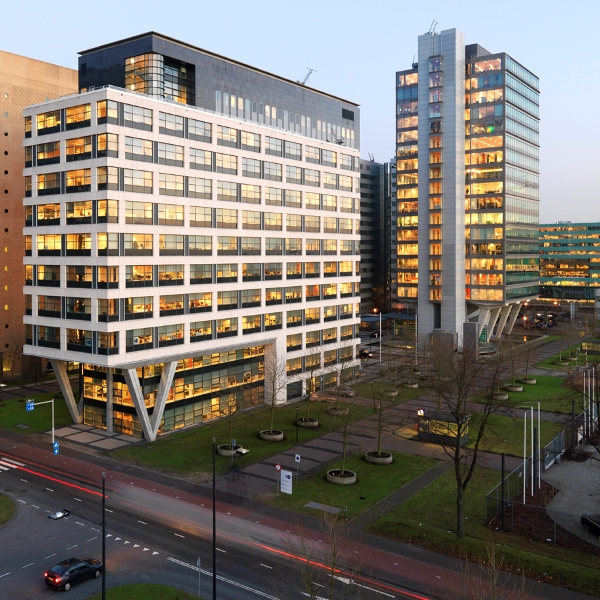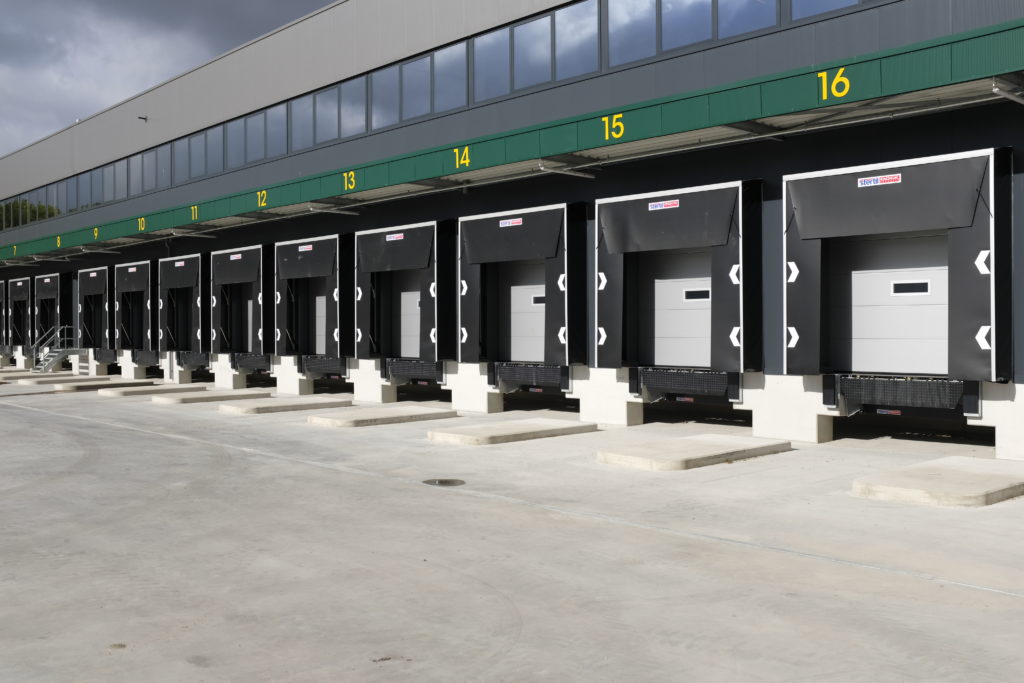Project management is giving active directions



What we do
Successfully managing a project means actively managing the result to be achieved, anticipating what is to come and responding flexibly to what was not anticipated. Motivating the project team in such a way that it produces a result with which the client is more than satisfied. And crucially: keeping the client well informed, so that he can make timely decisions. That is exactly our approach – always customized, because every project is unique.
A thorough approach
Whether a project is complex or simple – good preparation pays off.
At the start of a project, we focus on questions such as, what must the project deliver, and within which frameworks (money, quality, time, sustainability)? Where are the priorities? What project phasing do we apply? What is the client’s procurement strategy? What expertise do we need? Who do we call on for this? What information does the client need, and when, and in what form? Which instruments do we use to control the project? What uncertainties do we have to take into account?
The answers to these questions form the basis for a solid approach.
Sustainability as a necessity and an asset
Standard in our approach is a scan whether your project is prepared for the legal sustainability requirements that are already in force or will come into force soon. If you have the ambition to obtain a certificate such as BREEAM or WELL, we will include this in our scan. The scan shows what is necessary and what the options are for improvement, taking into account requirements for budget, time and quality.
We incorporate the choices made in the project documents and the plan of approach. During the project, we monitor whether the green ambitions are being achieved.
This approach makes your project ‘Paris proof’ and attractive for investors and users who take sustainability into account in their policies.
Flexible customisation
Each project is unique and requires customisation during preparation, execution and completion. And, every project has changes that require a flexible attitude in order to keep the project on track.
That is why our guideline is flexible where possible and structured where necessary.
(Inter)national
Managing a project in an international setting has its own dynamics and pitfalls.
No matter how well you speak English, there is always the risk of miscommunication due to the well-known ‘lost in translation’.
The same applies to technology and regulations. What is normal in the Netherlands may be unusual for a foreign party and lead to misunderstanding.
We are extra alert to this in international projects. Being able to put yourself in the other party’s shoes and anticipate this prevents many unnecessary and costly misunderstandings.